speed skaters exercise
Speed skating, a highly competitive and physically demanding sport, requires athletes to maintain peak physical condition and master complex technical skills. This article provides an in-depth look at the training and exercise regimen of speed skaters, delving into their physical, technical, and psychological preparation.
Physical Conditioning
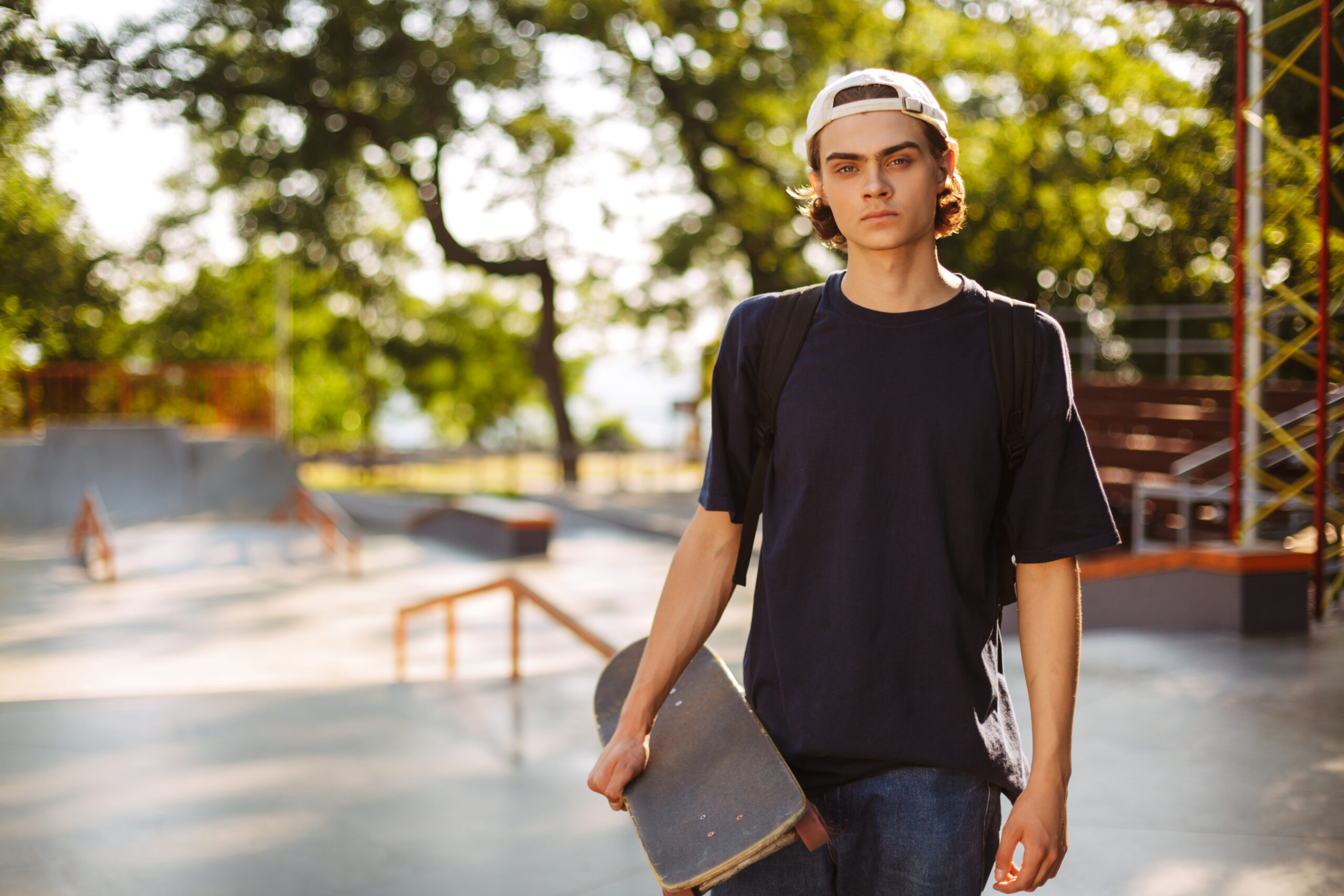
Cardiovascular Fitness
Cardiovascular endurance is crucial for speed skaters. Skaters often engage in long-distance running, cycling, and swimming to build stamina. These exercises improve the heart’s efficiency, essential for maintaining high speeds over the duration of a race.
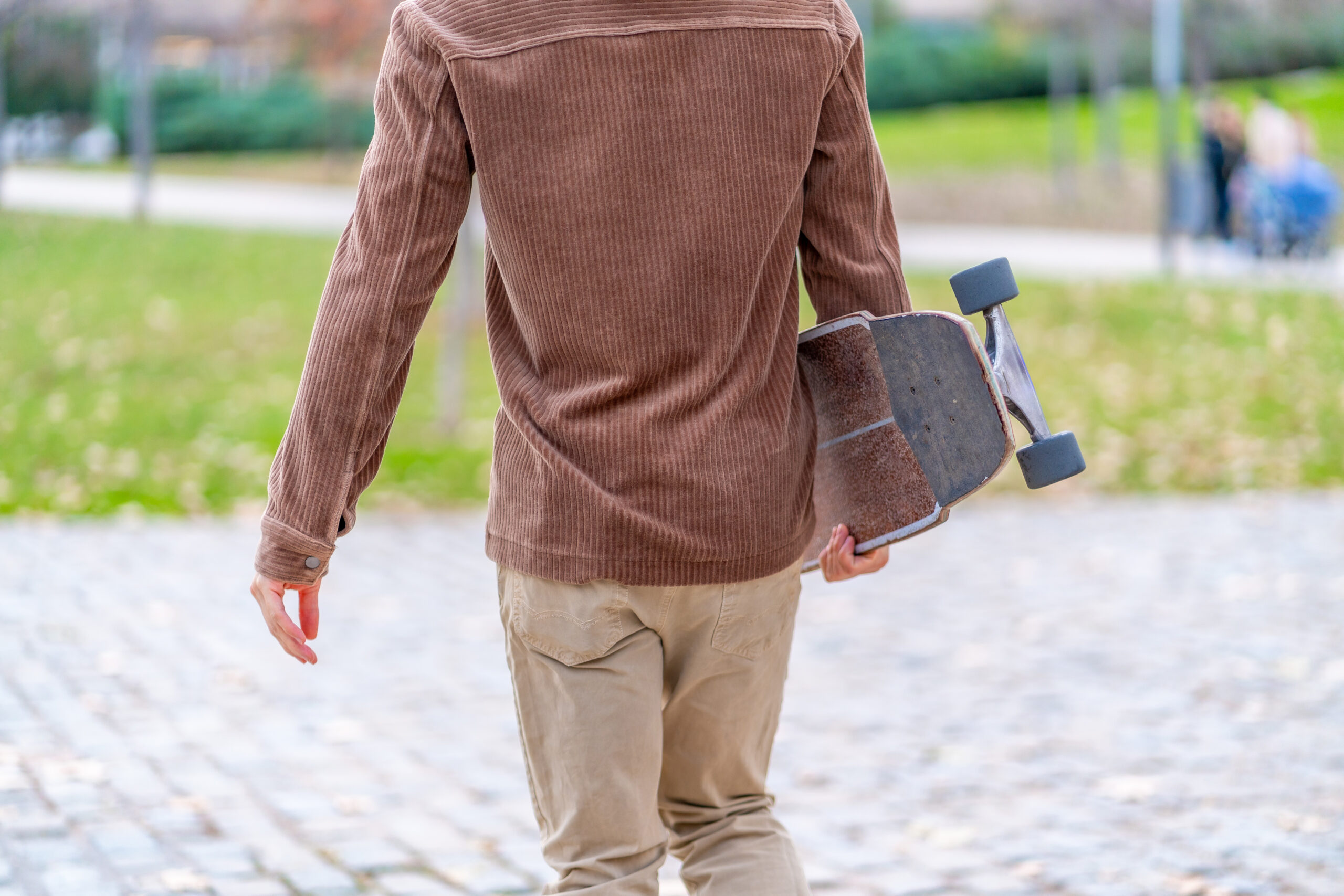
Strength Training
Leg strength is vital for powerful strides on the ice. Skaters focus on lower body workouts, including squats, lunges, and leg presses. Core strength is also emphasized, as a strong core aids in balance and stability during high-speed turns. Upper body strength, while less critical, is developed through exercises like pull-ups and push-ups to ensure overall muscular balance.
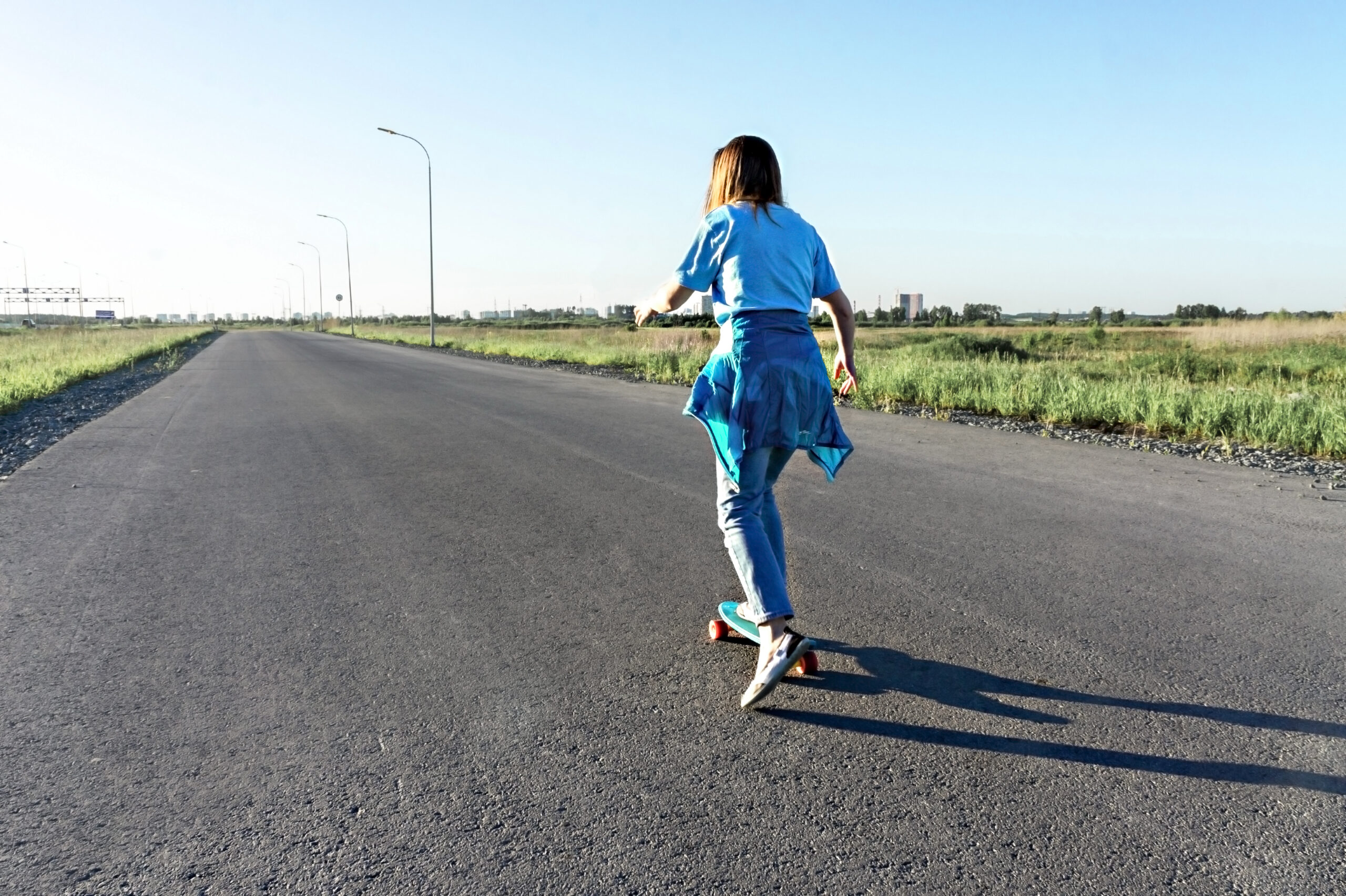
Plyometrics
Plyometric training is integral to a speed skater’s regimen. Exercises like box jumps and split squat jumps enhance explosive power, crucial for quick starts and sprints. Plyometrics also improve neuromuscular coordination, essential for the precision required in speed skating.
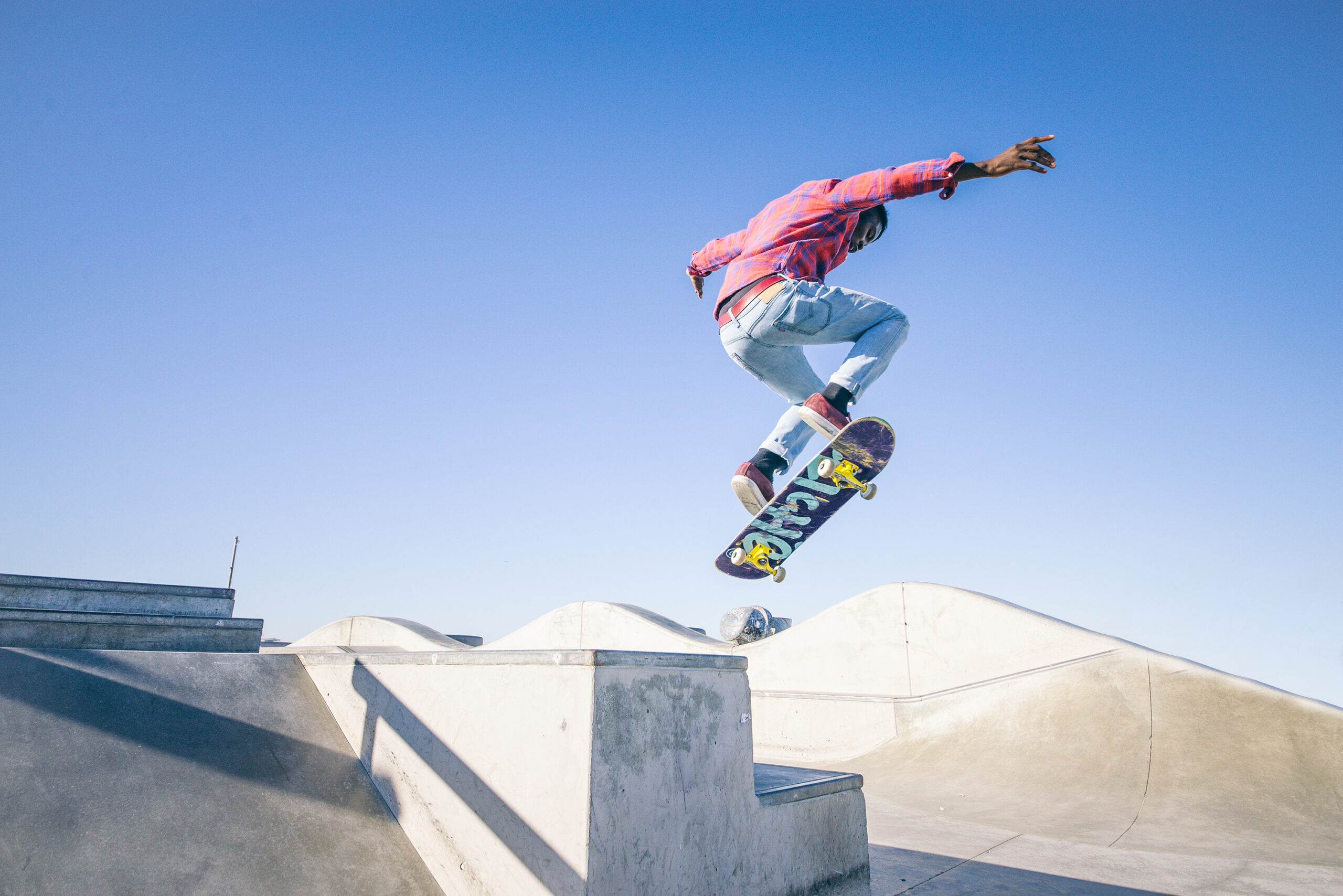
Flexibility and Mobility
Skaters regularly engage in stretching and mobility exercises. Flexibility in the hips and ankles allows for deeper and more efficient skating strides. Yoga and pilates are popular choices for improving flexibility and injury prevention.
Technical Skills Training
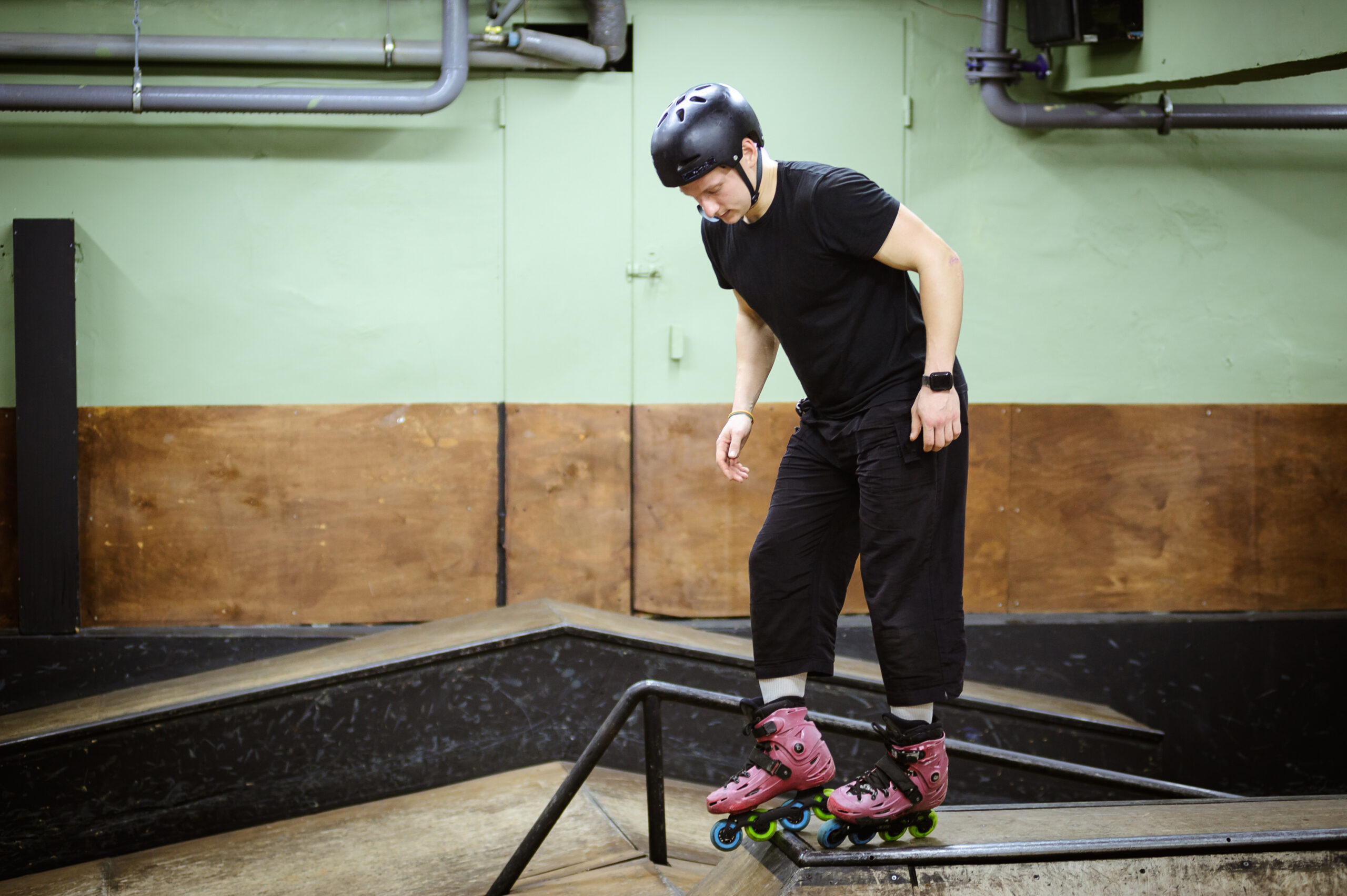
On-Ice Practice
Technical skill is honed through countless hours of on-ice practice. Skaters work on perfecting their stride, focusing on efficient and powerful leg pushes. Cornering technique is critical, as races often hinge on a skater’s ability to navigate turns at high speeds.

Off-Ice Simulations
Off-ice training involves simulating skating movements to develop muscle memory. Skaters use slide boards to mimic the side-to-side motion of skating, and dryland skating exercises replicate the rhythm and coordination needed on the ice.
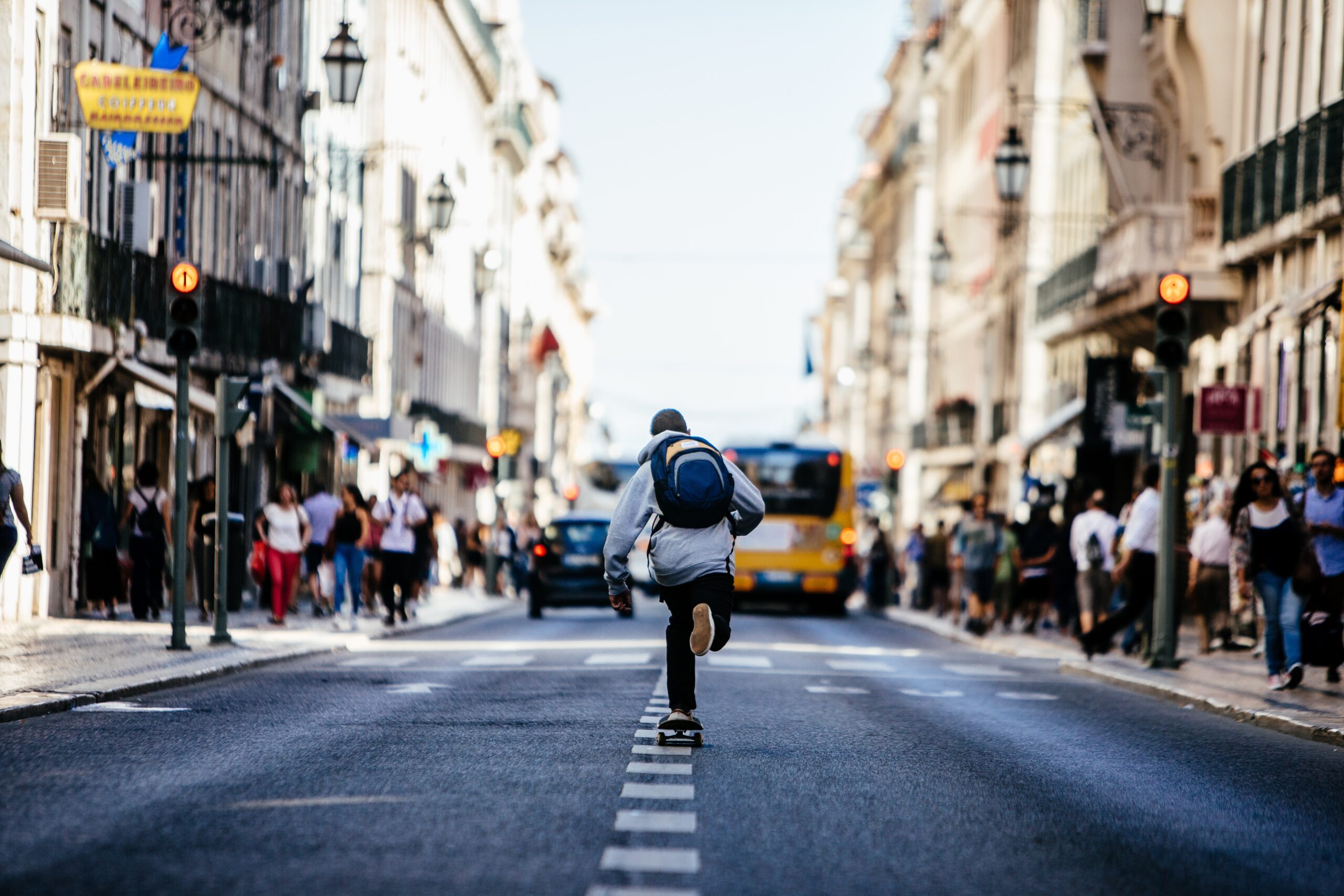
Video Analysis
Video analysis plays a crucial role in technical training. Coaches and athletes review footage to scrutinize and improve technique, paying attention to body positioning, stride efficiency, and turn execution.
Mental Preparation
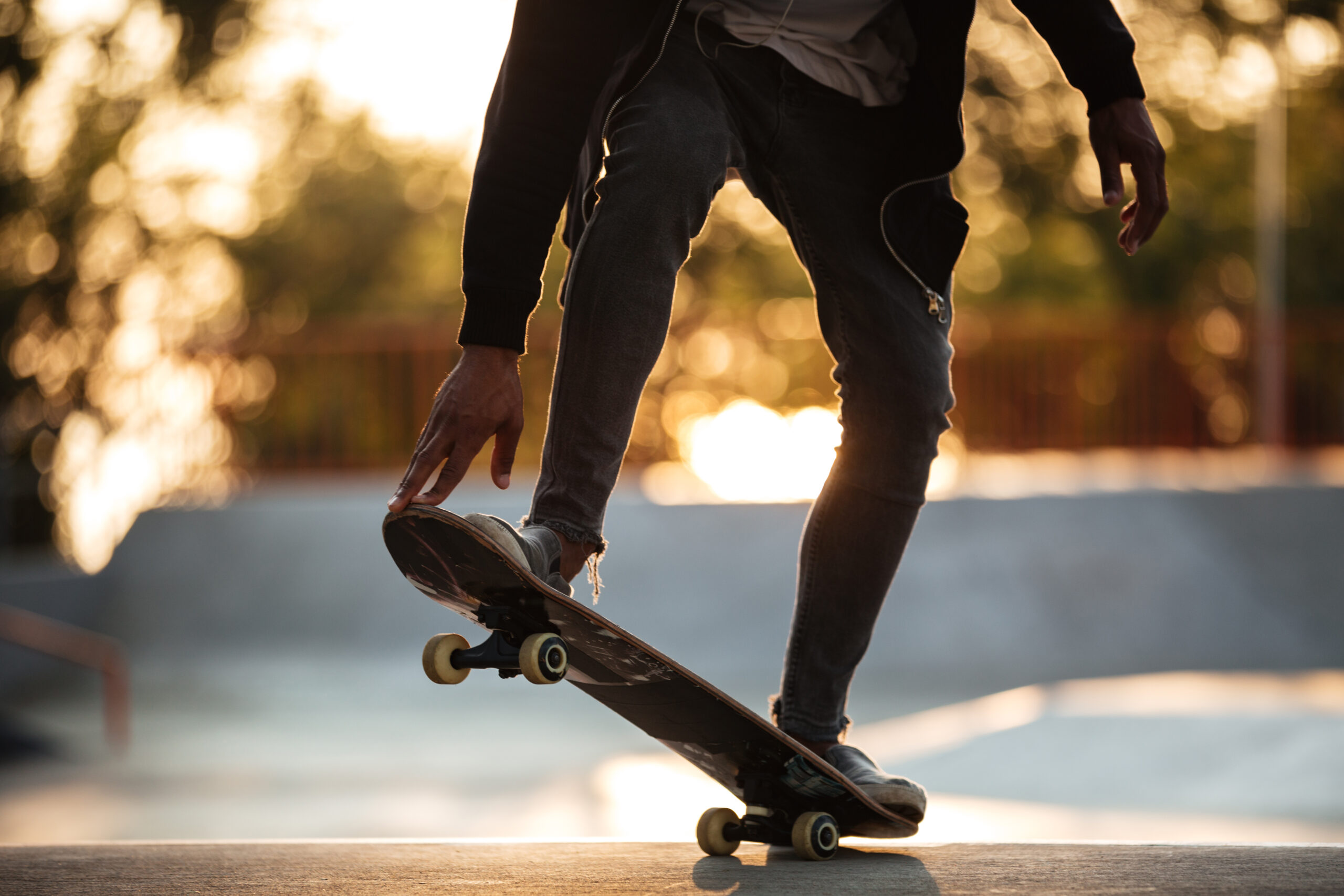
Strategy and Tactics
Mental preparation involves strategizing race tactics, such as deciding when to sprint or conserve energy. Skaters must be adept at reading the race and their competitors to make split-second decisions.

Focus and Concentration
Concentration is key in a sport where races are won or lost in fractions of a second. Skaters practice mindfulness and visualization techniques to maintain focus during high-pressure situations.

Coping with Pressure
Coping with the mental pressure of competition is essential. Skaters often work with sports psychologists to build mental resilience and develop strategies to manage stress and anxiety.
Nutrition and Recovery

Balanced Diet
A balanced diet is crucial for maintaining energy levels and aiding recovery. Skaters’ diets are high in carbohydrates for energy, lean proteins for muscle repair, and fruits and vegetables for essential vitamins and minerals.
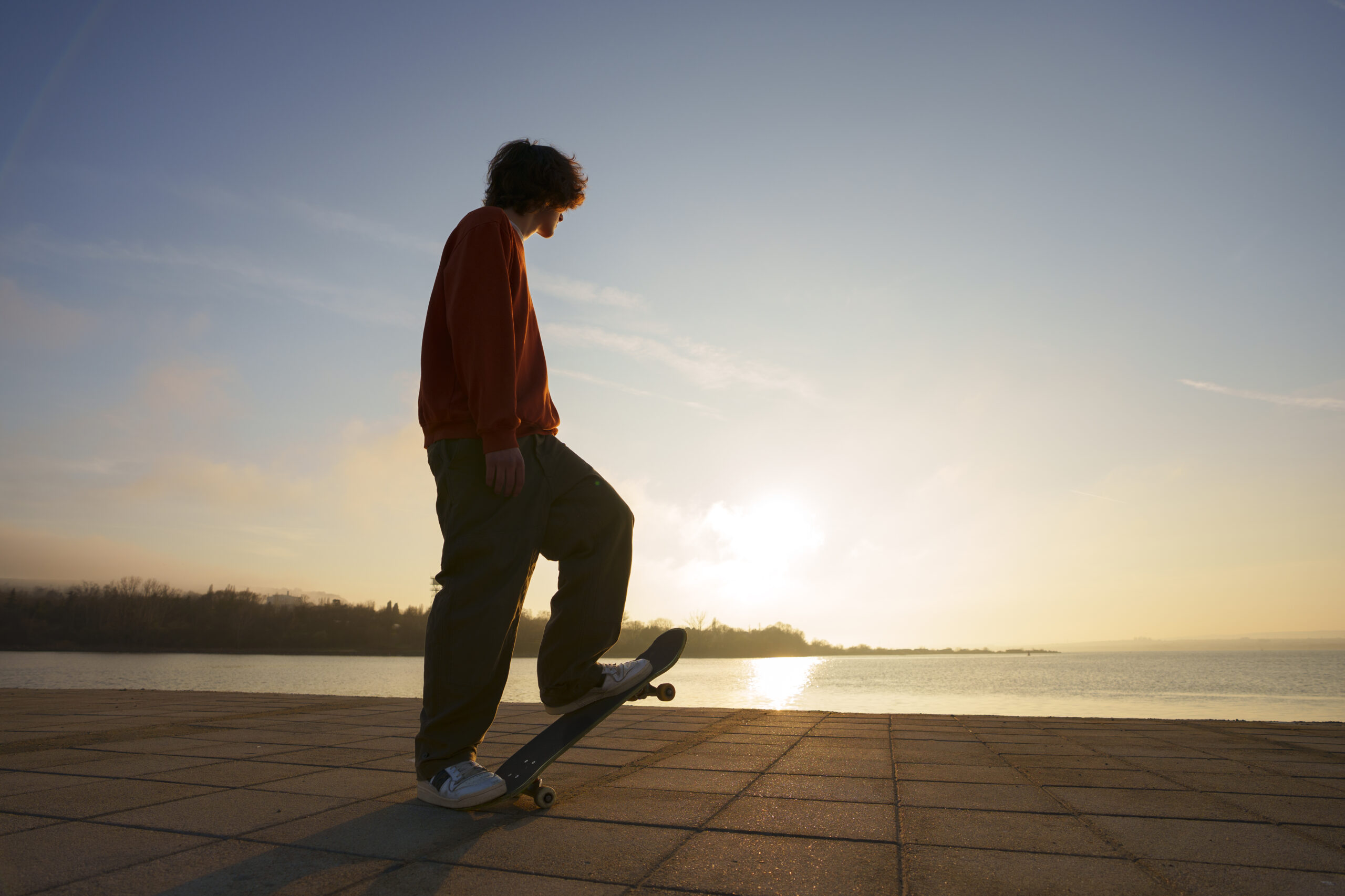
Hydration
Proper hydration is essential, especially in a cold environment where dehydration may not be as apparent. Skaters ensure they are well-hydrated before and after training and competitions.

Recovery Techniques
Recovery is as important as the training itself. Techniques include ice baths, massage therapy, and adequate sleep to facilitate muscle repair and prevent overtraining injuries.
Conclusion
The training and exercise regimen of speed skaters is a comprehensive program that balances physical conditioning, technical skill development, mental preparation, and recovery. This multifaceted approach is essential for athletes aspiring to reach the pinnacle of speed skating.